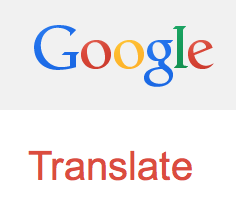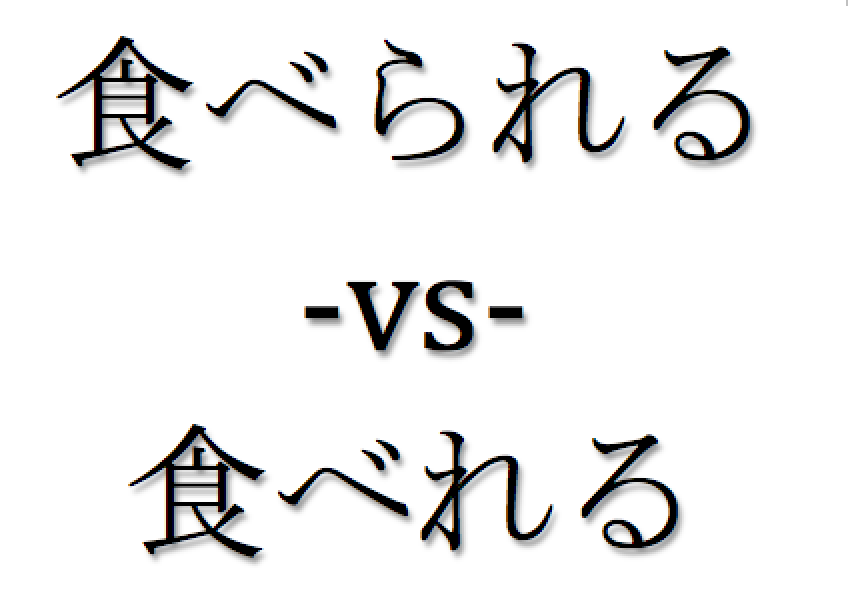An overview of confusing Japanese loanwords
In previous posts I talked about a few theories about why Japanese has so many loanwords, especially from English. This time I’d like to discuss some of the specific words themselves. Once the Katakana alphabet is learned, loanwords become a great help as many of them can be understood by English-speakers by simply sounding them out without having to… Read More »



